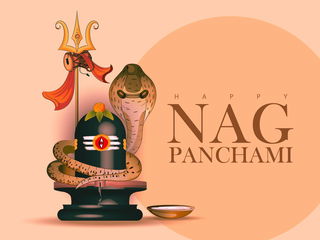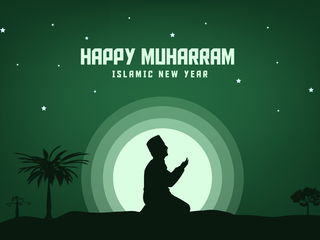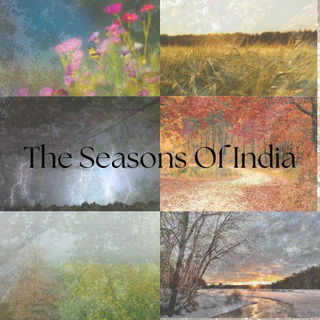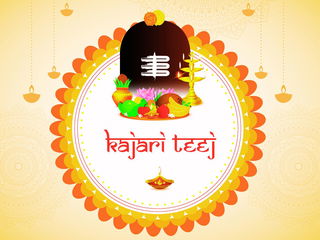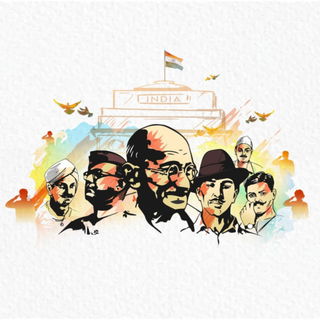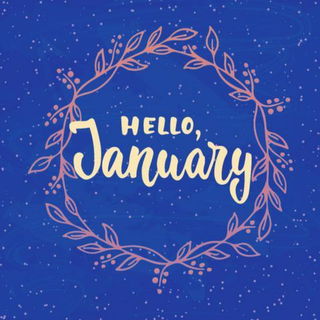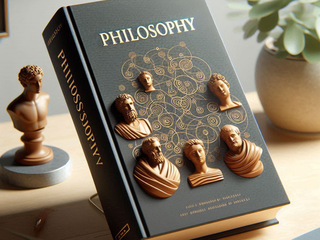- Calendar
- Calendar 2026
- January
- Holiday Republic Day
Republic Day
Holiday
On January 26th of every year, India celebrates Republic Day or Ganatranta Diwas, which is a strong testament to the rich history of the country, its cultural diversity, and democratic values.
It commemorates the formation of the Indian national constitution which came into effect on January 26, 1950, replacing the Government of India Act 1935. This historical movement completely transformed the nation into a sovereign republic separating it from British rule.
It is a national holiday and hence all schools and businesses remain closed throughout the country.
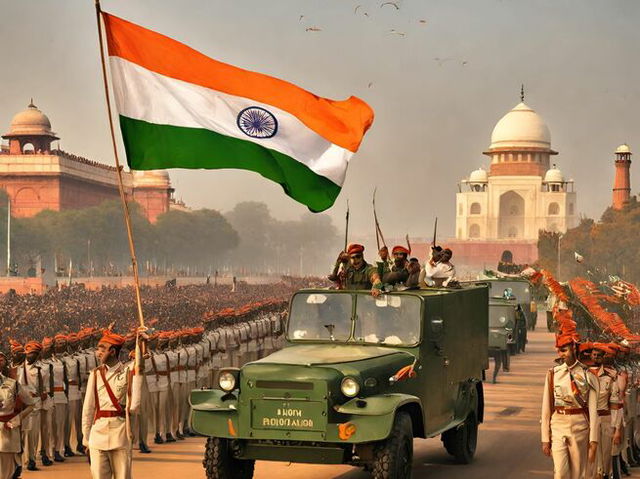
The Adoption and Commemoration
Although the constitution came into effect on January 26, 1950, it was adopted by the Indian Constituent Assembly on November 26, 1949.
January 26 was chosen to commemorate Republic Day as on the same day in 1930, Indian National Congress proclaimed the Declaration of Indian Independence.
The History of Republic Day
The success of the Indian Independence movement helped India achieve independence from British rule on August 15, 1947. The Indian Independence Act of 1947 and an act of the United Kingdom's Parliament led to the partitioning of British India into two new independent dominions of the British Commonwealth.
As a result, India became a democratic monarchy led by George VI acting as head of the state and Earl Mountbatten as the governor-general.
However, no permanent constitution was formed, but the laws were adopted from a modified version of the Government of India Act of 1935.
On August 29, 1947, a resolution was passed to appoint a drafting community to draft a permanent constitution. Dr. B.R Ambedkar was the chairman of this committee and a draft was prepared and submitted to the Constituent Assembly on November 4, 1947.
The Assembly met for 166 days over two years before confirming the final version of the constitution. On January 24, 1950, after several deliberations and modifications, both Hindi and English handwritten versions of the constitution were signed by 308 members of the Assembly.
India's Independence Day marks the end of British Rule, while Republic Day commemorates the enactment of the constitution. Dr. Rajendra Prasad inaugurated his first term as the President of the Indian Union on this significant day.
As per the transitional provisions outlined in the new Constitution, the Constituent Assembly seamlessly transformed into the Parliament of India.
Dr. B.R Ambedkar addressed his final speech on November 25, 1949, to the Constituent Assembly remarking about the pros and cons everyone will face after January 26, 1950. He concluded by saying:
let us not forget that this independence has thrown on us great responsibilities. By independence, we have lost the excuse of blaming the British for anything going wrong. If hereafter’ things go wrong, we will have nobody to blame. Except ourselves…
…If we wish to preserve the Constitution in which we have sought to enshrine the principle of Government of the people, for the people and by the people, let us resolve not to be tardy in the recognition of the evils that lie across our path and which induce people to prefer Government for the people to Government by the people, nor to be weak in our initiative to remove them.
That is the only way to serve the country. I know of no better.”
The Legacy and Continuity of Republic Day
The significance of Republic Day goes beyond being a national holiday; it reflects India's commitment to democracy, justice, liberty, equality, and fraternity.
The guiding principles of justice, liberty, equality, and fraternity remain a living document that adapts to the nation's ever-evolving needs.
While celebrating Republic Day every year, India pays tribute to its rich and diverse history and reaffirms its commitment to the principles that define the nation.
Republic Day Celebrations
The primary Republic Day celebrations are held in the capital city of New Delhi. The main attraction of the event is the grand parade along Rajpath which showcases the country's cultural diversity, military strength, and technological advancements.
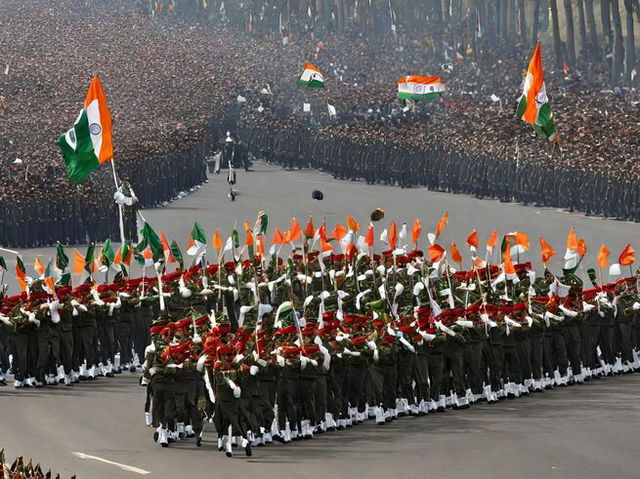
The President of India addresses the nation on the eve of Republic Day and hoists the national flag and the presence of foreign dignitaries graces on Republic Day.
The parade is a visual spectacle, with marching troops from all three branches of the military, colorful diagrams representing various states and union territories, and cultural performances capturing the essence of Indian heritage. The grand finale is the Indian Air Force flypast, which illuminates the sky with the tricolor.
While the main event is held in the national capital, Republic Day is celebrated with zeal throughout the country. Parades, flag-hoisting ceremonies, and cultural programs are organized by state capitals and union territories. Educational institutions play an essential role in instilling patriotism in students and organizing special assemblies, competitions, and educational programs.
Read Next:
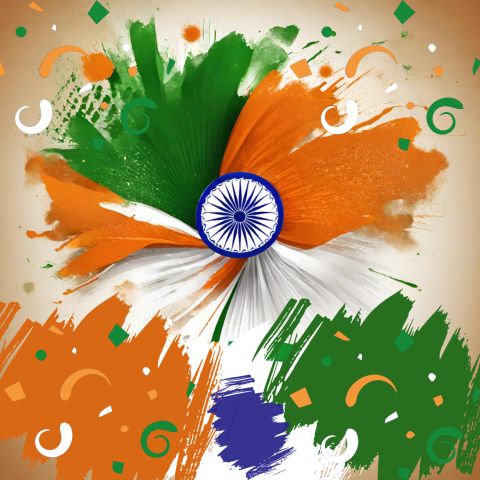
Other Celebrations
-
Apr 24 Thu
-
Jul 22 Tue
-
Aug 15 FriIndependence Day Holiday
-
Sep 21 Sun
-
Oct 08 Wed
-
Jan 17 Sat

Republic Day - Next years
Tuesday, 26 January 2027
Wednesday, 26 January 2028
Friday, 26 January 2029
